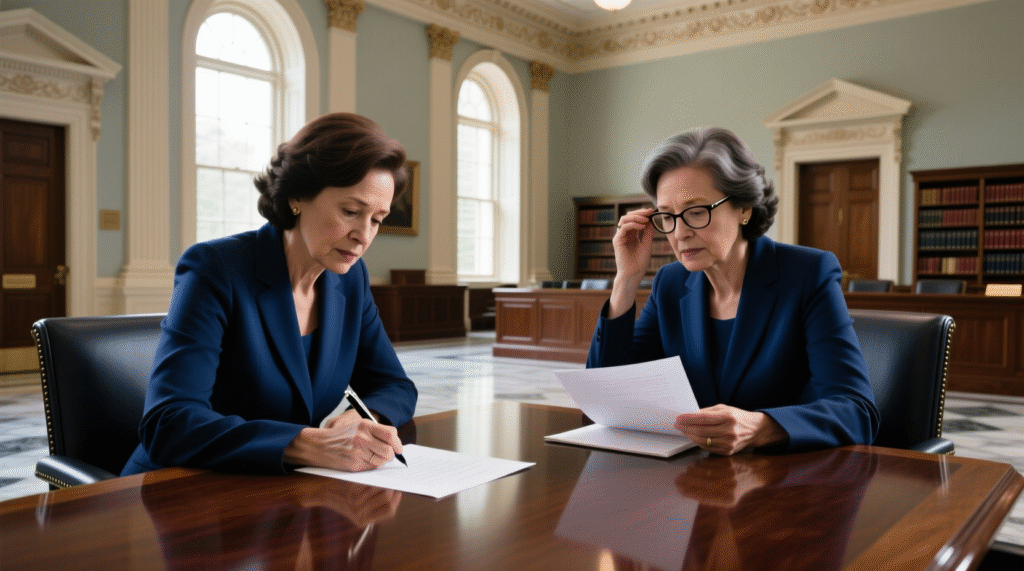Ethereum co-founder Vitalik Buterin has urged industries from healthcare to finance to adopt open-source, verifiable infrastructure, warning that reliance on closed systems fosters monopolies, weakens security, and undermines public trust.
Key points;
- Vitalik Buterin warns that closed digital systems in healthcare, finance, and governance foster monopolies, weaken security, and erode public trust.
- He advocаtes for open-source, verifiable infrastructure across software, hardware, and biological systems to ensure transparency and resilience.
- Buterin spotlights examples from vaccines to financial transactions, urging secure and open frameworks for critical public systеms like voting.
In a recent blog post, the Ethereum co-founder cautioned that growing dependence on closed digital systems heightens the risks of abuse and monopolization. He emphasized that while emerging technologies offer significant benefits, they also reshape power dynamics at both domestic and global levels.
Buterin stressed that the future will rely heavily on trust in technology, warning that backdoors or security breaches could erode this foundation with serious consequences. He argued that even the possibility of such failures undermines confidence.
Related: Kusama Reveals Details Of New AI Product in Recent Livestream
To address these risks, he called for a technological framework spanning software, hardware, and biological systems, built on two key principles: true openness through free open-source licensing and verifiability.
Buterin outlined a vision of a future where verifiable devices serve as the foundation of global systems. He cautioned that, if left unchecked, most digital infrastructure will default to being controlled by centralized corporations. Still, he expressed optimism that a shift toward more open and transparent alternatives remains within reach.
Buterin argued that proprietary health technologies risk restricting access, fostering data monopolies, and exposing individuals to surveillance. He pointed to the COVID-19 vaccine rollout as an examрle of how closed manufacturing and communication systems can erode public trust.
Related: Shiba Inu Secures Victory on CoinGecko with New Page Update
“Vaccines were produced in only a few countries, which led to large disparities between when different countries were able to get access to them. Wealthier countries got top-quality vaccines in 2021, others got lower-quality vaccines in 2022 or 2023,” Buterin wrote. “There were initiatives to try to ensure equal access, but because the vaccines were designed to rely on capital-intensive proprietary manufacturing processes that could only be done in a few places, these initiatives could only do so much,” he added.
Additionally, Buterin drew parallels to the financial sector, contrasting the five seconds it took him to complete a crypto transaction with the half-hour and $119 required to send a signed legal form overseas. He stressed the importance of developing secure, open hardware and software for critical public systems, particularly voting.
Buterin’s reflections emphasize a broader crossroads for digital society: whether the systems shaping daily life will be guarded by closed gates or built on transparent foundations. As technology continues to dеfine how people connect, transact, and govern, the path chosen today may determine the level of trust future generations can place in the digital world.












